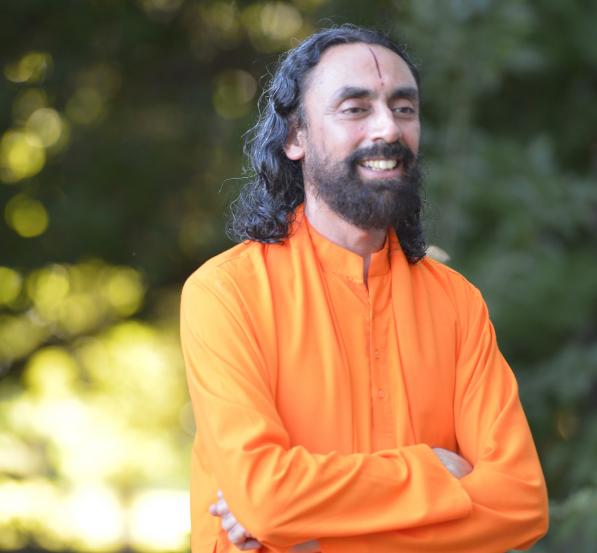Bhagavad Gita, The Song of God - Chapter-2.31: Swami Mukundananda.
Chinmaya Mission:
Mahatma Gandhi, Dr. Abdul Kalam, Kapil Dev, M. S. Subbulakshmi, Rabindranath Tagore, Srinivasa Ramanujan, Subramanya Bharati, Lalgudi Jayaraman graced the stage as Bala Vihar 6th graders celebrated their achievements.
They showcased their favorite Indians and their inspiring feats.
The event culminated in a stirring rendition of the Indian National Anthem on Western musical instruments.
Swami Shantananda ji praised their performance, emphasizing the significant contributions of lesser-known Indian luminaries across diverse domains.
He underscored the efforts of Chinmaya Viswavidyapeeth in researching and revitalizing ancient Indian knowledge systems, fostering a deeper understanding of our heritage among the youth.
===================================================================================
Thursday 21, Mar 2024. 06:50.
Chapter 2: Sankhya Yogam
The Yogam of Analytical Knowledge
Slogam-31.
=====.================================================================================
Slogam - 31:
"Swa-dharmam api chavekshya na vikampitum arhasi
dharmyaddhi yuddhach chhreyo ’nyat kshatriyasya na vidyate"
================================================================================
swa-dharmam—one’s duty in accordance with the Vedas;
api—also;
cha—and;
avekshya—considering;
na—not;
vikampitum—to waver;
arhasi—should;
dharmyt—for righteousness;
hi—indeed;
yuddhat—than fighting;
shreyah—better;
anyat—another;
kshatriyasya—of a warrior;
na—not;
vidyate—exists.
================================================================================
Translation:
BG 2.31:
"Besides, considering your duty as a warrior, you should not waver. Indeed, for a warrior, there is no better engagement than fighting for upholding of righteousness."
==================================================================================
Commentary:
Swa-dharma is one’s duty as an individual, in accordance with the Vedas. There are two kinds of swa-dharmas, or prescribed duties for the individual—para dharma, or spiritual duties, and apara dharma, or material duties. Considering oneself to be the soul, the prescribed duty is to love and serve God with devotion. This is called para dharma. However, since a vast majority of humankind does not possess this spiritual perspective, the Vedas also prescribe duties for those who see themselves as the body. These duties are defined according to one’s ashram (station in life), and varna (occupation). They are called apara dharma, or mundane duties. This distinction between spiritual duties and material duties needs to be kept in mind while understanding the Bhagavad Gita and the Vedic philosophy at large.
By occupation, Arjun was a warrior, and so his occupational duty as a warrior was to fight for the protection of righteousness. Shree Krishna is calling this swa-dharma, or prescribed duty at the bodily level.
*****
Continued
=================================================================================










Comments
Post a Comment